UX Paper Prototyping
By: Kasey Wang
@bitpixi
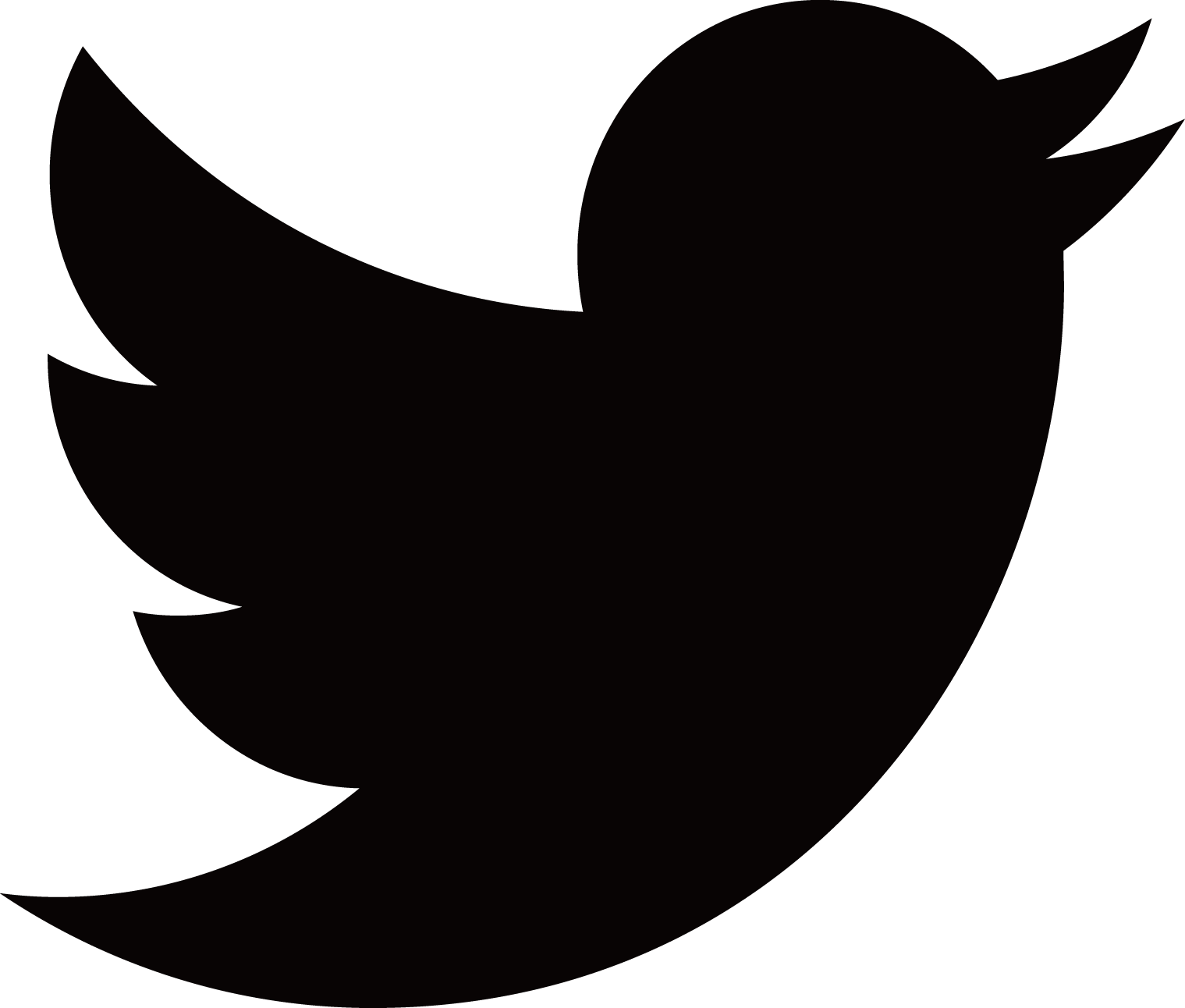
What is paper prototyping?
-
Sketching, printouts, or constructions with paper as substitutes for digital representations
-
In a usability study, the sketches are switched according to user actions
-
Can be various levels of complexity
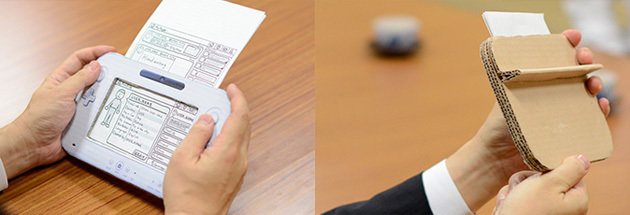
Advantages
- Cheap
- Rapid
- Collaborative
- Not limited by technology or ability
- Easy to document
Disadvantages
- Only suitable for personal brainstorming or light testing early on
- Feedback may differ in paper vs digital form
- Sometimes not as fast as lo-fi digital (having to re-create the screens)
Supplies:
- Paper / Index Cards
- Pens / Pencils
- Tape / Glue
- Scissors
- Printouts (Optional)
- 3D Prop Supplies (Optional)
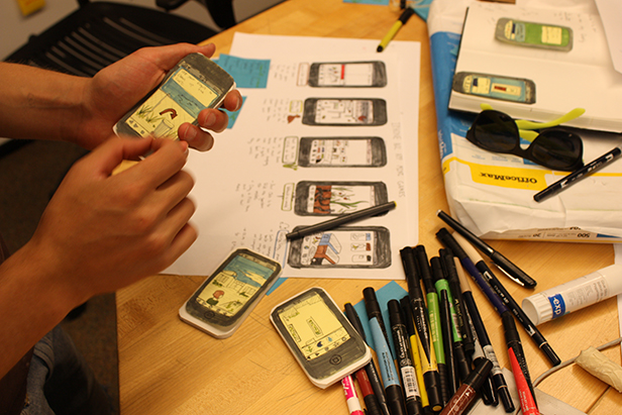

Examples: 3D, Games, Apps


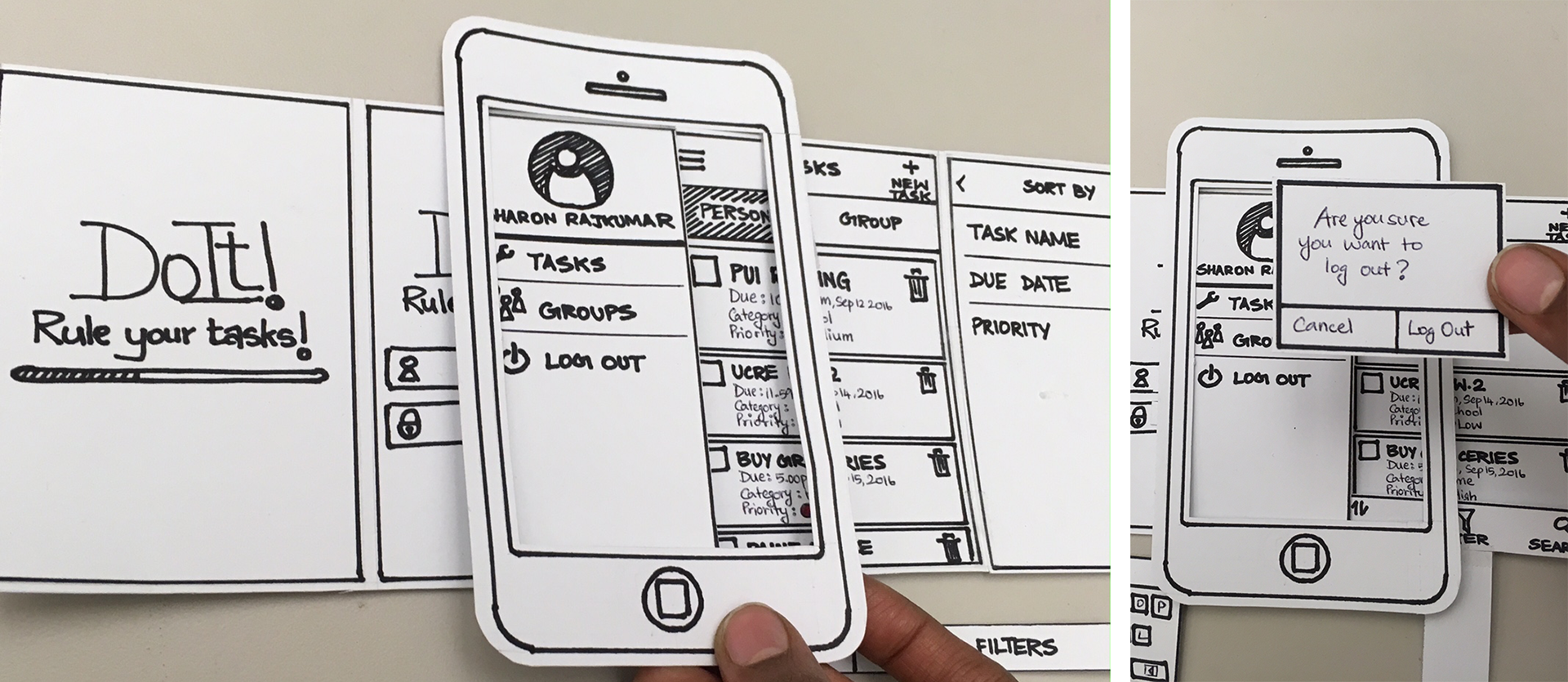
Questions to ask before testing:
- Why did you create this prototype?
- What do you want to achieve with this testing session?
- What information do you want to receive from the test participants?
(Test with 5 people to find ~80% of Usability problems*)
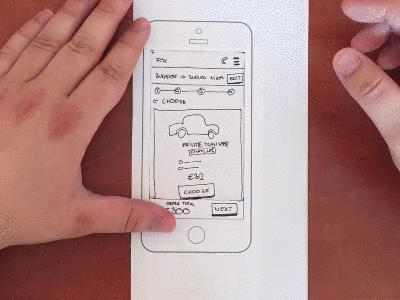
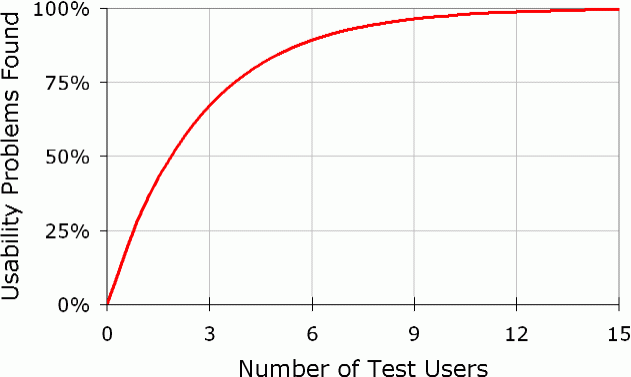
* Based on data from NN Group
My usability testing tips:
- Find participants at coffeeshops, co-working spaces, events, or online
- Offer to buy a coffee or $5 gift card for their time
- Keep the test short
- Let them know you're testing a product - not testing them!
"No wrong answers"
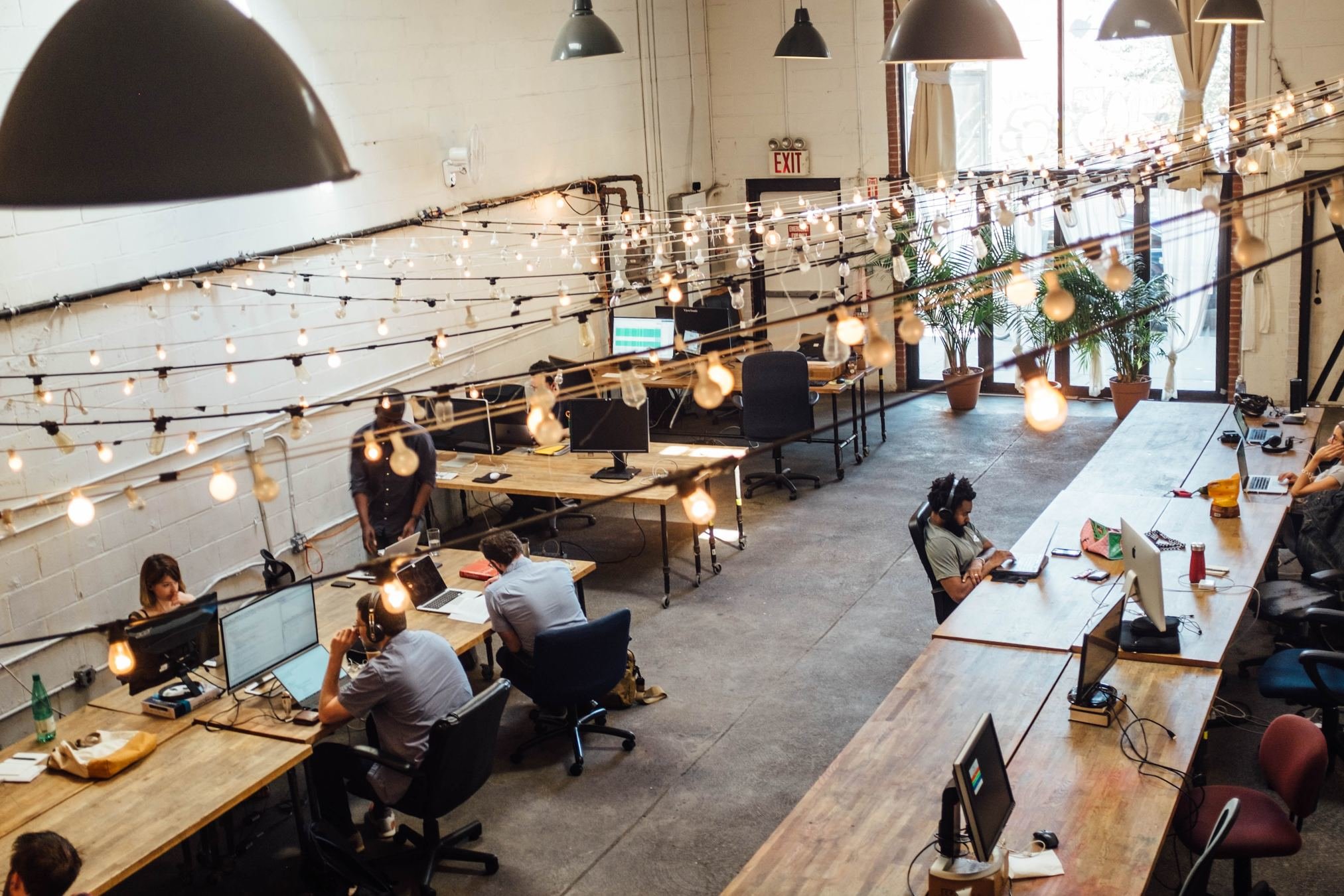
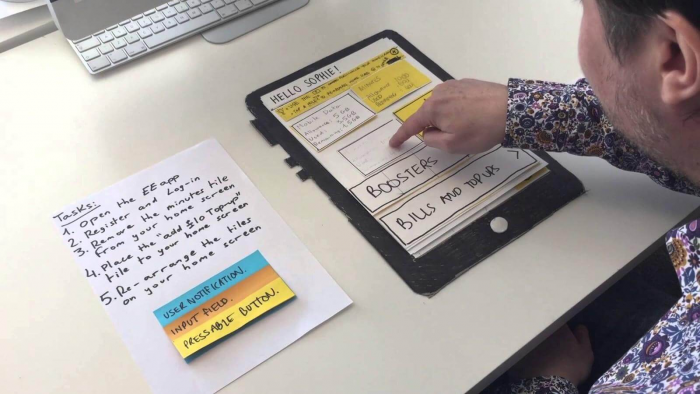
Watch a usability study:
Notice how the tester acts as the "computer", switching each page.
Mini Quiz
- At what stage should a paper prototype be made?
- What are 2 advantages to paper prototyping?
- In a TL;DR version, how does one perform a usability test with a paper prototype?
Resources
- Free print templates - 20 Free Printables
- Stencils and templates - UI Stencils
- Your drawing -> digital prototype - Invision
- Book - Paper Prototyping by Carolyn Snyder
- Another list of resources! - UX Mastery Tools
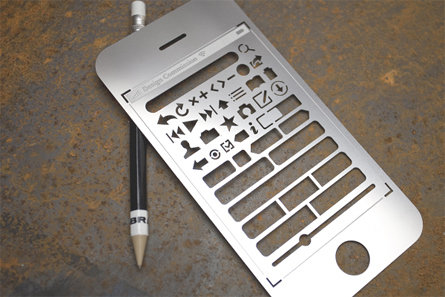
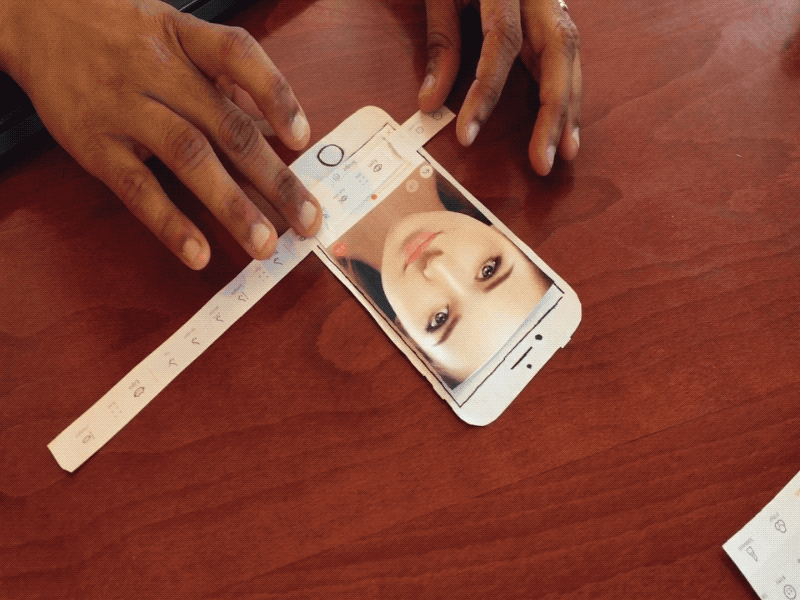
Thank You!